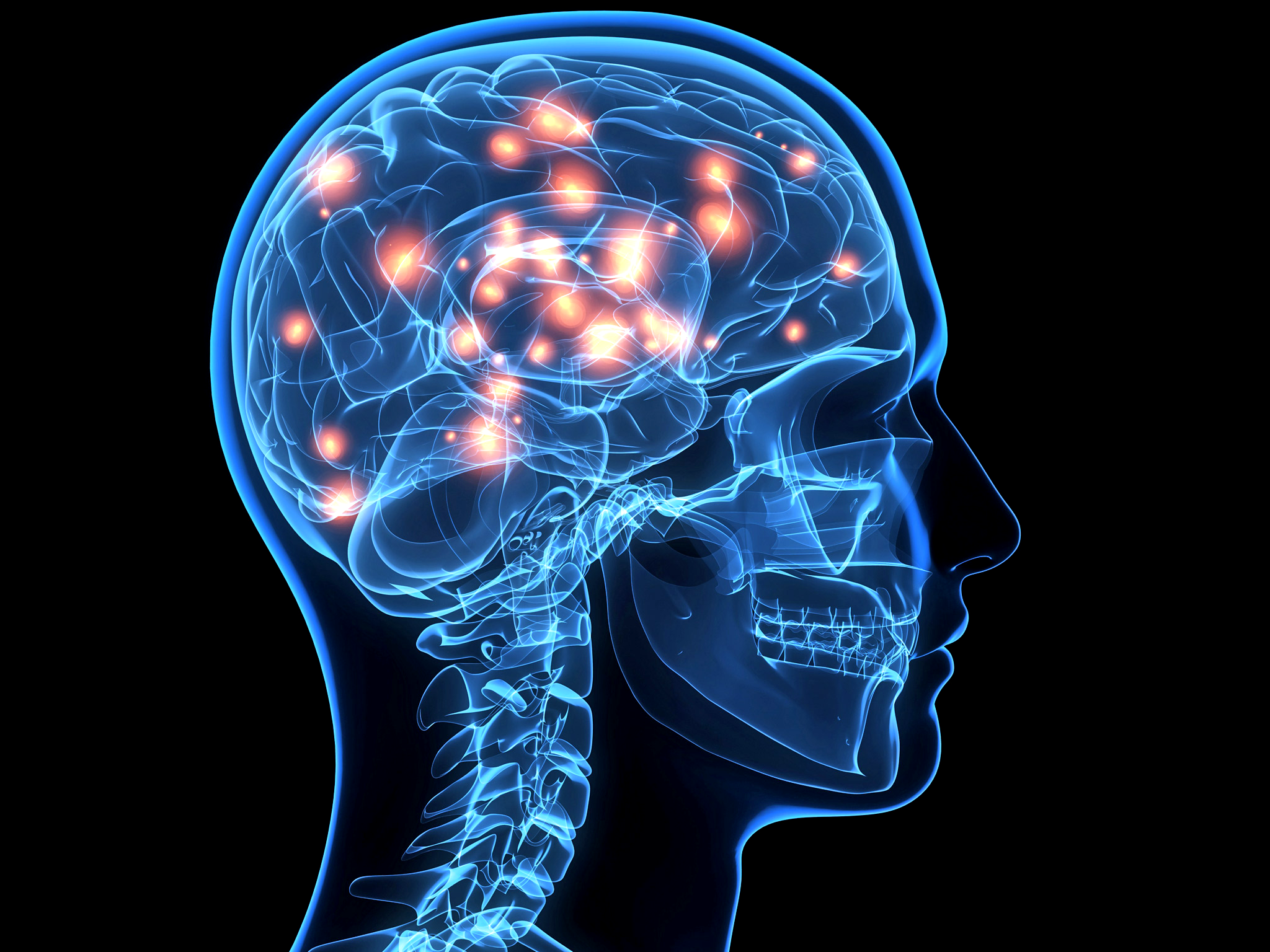Whenever you lie, your brain adjusts to make telling bigger whoppers easier, study finds
‘Deceivers often recall how small acts of dishonesty snowballed over time and they suddenly found themselves committing quite large crimes’

Your support helps us to tell the story
From reproductive rights to climate change to Big Tech, The Independent is on the ground when the story is developing. Whether it's investigating the financials of Elon Musk's pro-Trump PAC or producing our latest documentary, 'The A Word', which shines a light on the American women fighting for reproductive rights, we know how important it is to parse out the facts from the messaging.
At such a critical moment in US history, we need reporters on the ground. Your donation allows us to keep sending journalists to speak to both sides of the story.
The Independent is trusted by Americans across the entire political spectrum. And unlike many other quality news outlets, we choose not to lock Americans out of our reporting and analysis with paywalls. We believe quality journalism should be available to everyone, paid for by those who can afford it.
Your support makes all the difference.Telling small lies causes changes in the brain that lead people down a “slippery slope” towards increasingly large acts of dishonesty, according to a new study.
Brain scans showed there was a strong emotional reaction in the minds of people who lied for the first time in a guessing game, but this effect gradually reduced over time as they played.
And, while players initially tended to tell relatively small lies, they gradually became more untrustworthy as they got used to deceiving other players for their own advantage.
The researchers said the study, described in a paper in the journal Nature Neuroscience, was a warning to people to stick to the truth because failing to do so could have serious consequences.
One of the researchers, Dr Tali Sharot of University College London, said: “In life, you’ve probably observed small acts of dishonesty grow over time to larger and larger ones. This anecdotally seems to be true.
“Whether it’s evading taxes, infidelity, doping in sports, making up data in science or financial fraud, deceivers often recall how small acts of dishonesty snowballed over time and they suddenly found themselves committing quite large crimes.”
She compared the effect to ‘emotional adaptation’. Under this process, someone who is shocked by a photograph of a mutilated body, for example, gradually becomes less affected by the image when shown it repeatedly.
Dr Sharot said while there could be many reasons behind this, the researchers had suspected there could be a physical process in the brain.
They got a group of 80 volunteers to play a game designed to test how honest they were. They were asked to estimate how many pennies were in a jar and then pass on their estimate to a partner who was given only a poor quality image of the coins.
In some cases, they were told they would benefit financially if they were both closer to the real answer. In others, they were told they would profit if their partner got the answer wrong.
In the tests, the scientists discovered that at first people were willing to tell small lies, but this gradually escalated over the course of the game.
By monitoring their brain with an MRI scanner, they were able to show that an area of the brain associated with emotion, the amygdala, initially reacted strongly to a lie but this effect decreased over time. Large reductions in this reaction were associated with particularly big lies.
“When we lie for personal gain, our amygdala produces a negative feeling that limits the extent to which we are prepared to lie,” Dr Sharot said.
“However, this response fades as we continue to lie, and the more it falls the bigger our lies become.
“This may lead to a 'slippery slope' where small acts of dishonesty escalate into more significant lies.”
Her colleague, Dr Neil Garrett, said a similar process could affect other forms of behaviour, such as violence.
“This is in line with suggestions that our amygdala signals aversion to acts that we consider wrong or immoral,” he said.
“We only tested dishonesty in this experiment, but the same principle may also apply to escalations in other actions such as risk taking or violent behaviour."
There were at least some in the study who appeared to be relatively honest and who remained so.
“Some people lie a lot, some people don’t lie about much and the same was true of the escalation,” Dr Garrett said.
However, he added the study should be taken as a warning to all.
“It highlights the dangers of small acts of dishonesty,” Dr Garrett said.
Join our commenting forum
Join thought-provoking conversations, follow other Independent readers and see their replies
Comments